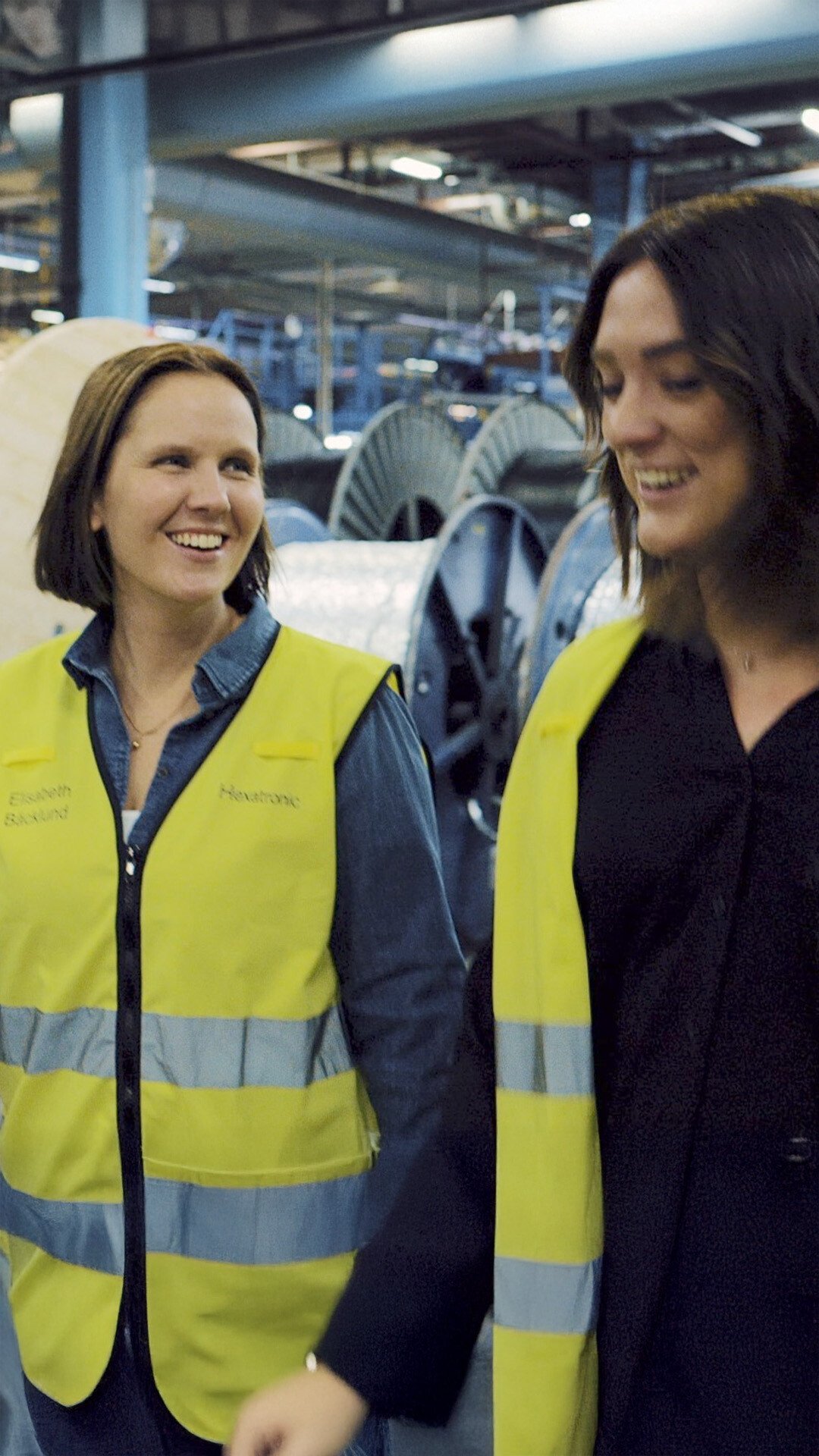There is a common belief that effective procurement is about purchasing specified deliverables to the lowest possible price. Nothing could be more wrong when it comes to procurement of FTTH projects. Crucial factors for a profitable long-term business operation are often not even specified in the RFQ. The foundation for a low total cost of ownership of an FTTH network is laid by paying proper attention to quality in execution, rather than just focusing hourly rates, nuts and bolts. Here is why!
FTTH procurement – preparing the start of a long business journey
Every athlete knows that as the start signal goes, performance will be a result of preparation. Once out on the pitch, it may be too late to correct misjudgments and omissions. It is a similar situation for FTTH network roll-outs. Still, with a crucial difference: The failure to prepare properly can degrade performance, i.e. the FTTH network profitability for 20-30 years to come.

The procurement phase – before the roll-outs start and everyone is busy – is a golden opportunity to avoid costly mistakes. This is where you can really influence which network you will eventually have. Here, a comprehensive view and attention to quality assurance will pay off.
"Adding relevant quality parameters to procurement will help to safeguard your business plan."
FTTH network roll-outs – a logistic marathon
Typically, the network owner plans for numerous roll-out projects over several years. Instead of considering the individual projects as small, incremental steps towards a fully developed network, it's better to have the future fully developed FTTH network as the starting point for all decisions. In such a case, bad decisions in individual projects can be avoided in favor of a better whole.
"Always have the future fully developed network in mind."
Procurement of quality – for securing the business plan
The cost of materials is just a fraction of the cost for installation time (labour). Yet, the sum of materials and time may prove to be only a fraction of the cost for delayed operation and future maintenance if the work is done with inferior quality.
For the network owner, adding relevant quality criteria to the RFQs will improve total cost of ownership, revenue generation, and roll-out speed.
Total cost of ownership
Quality of materials
For the purchaser, prices for materials and installation are standard selection criteria. Typically, the cost for materials is only a fraction (approx. 15%) of the installation cost. Accordingly, savings on materials will have little effect on the total project cost. However, if you select materials and systems that substantially reduce installation time and effort, there is a real saving potential. When adding reliability, serviceability, and product life, undoubtedly, the slightly more expensive materials will prove to be the best in the long run - with the lowest total cost of ownership. Accordingly, not only technical specifications should be considered, but notably technical qualities and features that reduce total cost of ownership.
"Even if slightly more expensive, selecting the optimal materials pays off many times."
Installation quality
Proper installation is absolutely crucial to the FTTH network operation. However, time and effort for installation as well as final installation quality will depend on the installer's skills and know-how. A skilled and experienced installer will do adequate work in less time than an incapable installer will do a substandard job. Still, in many procurement situations, relevant selection criteria for installers are missing – or are limited to approving that the installer claims to have the required expertise.
"Documentation of contractors' skills is a requirement for minimizing the risk of failure."
A contractor with proper skills and qualifications is vital for:
- Keeping up with time-plan
- FTTH network operative quality
- Future network reliability, expandability, and serviceability
Accordingly, the quality of the contractor must be confirmed by documented or verified skills and experience.
Generating revenues
Only an operating FTTH network will generate revenues. For business, it is vital that the network starts generating revenues according to the time plan. If the FTTH network implementation is delayed, also revenue streams and cashflow will be delayed. A proven skilled contractor will not only do an adequate installation but also by experience manage challenges and avoid pitfalls that may put the time plan at risk.
"Relevant quality criteria when selecting contractors is a safety measure for keeping the time plan."
Roll-out speed
A fully developed network is the result of gradually adding new FTTH network projects. This may take years to complete. Any interruptions in the deployment of FTTH networks are likely to affect projects that are in turn. In the worst case, it can have a negative snowball effect and ruin expected business achievements.
"To keep up roll-out speed, select competent installing partners for long-term cooperation."
In large FTTH projects, close and trustful cooperation between the network owner and the contractors is a prerequisite for successful, repeated network implementations. Ideally, mutual trust and experience are built along the way, and the deployment process will improve with the growing number of projects. In such a long-term business relation, contractors could more or less be considered as business partners since both parties' success is interdependent. Accordingly, during the procurement, you should not only select a contractor but instead carefully look for someone possible to rely on for years to come.
Learn more about FTTH technologies and business from our experts.
This article was originally published in February 2021 and has been updated with minor edits.
























